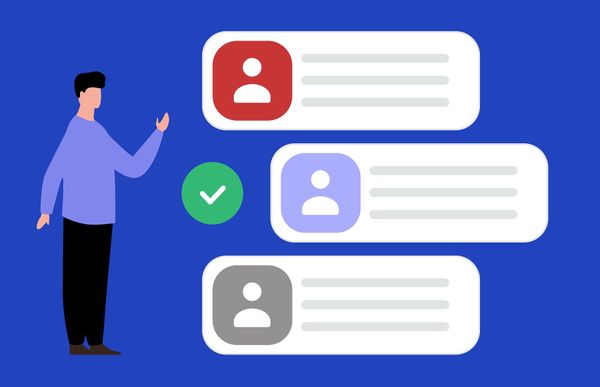Remote Access Phone Scams Bilk Australians of AU$4.4 Million Stolen So Far in 2018

The Australian Competition and Consumer Commission (ACCC) reported that 8,000 scam attempts that have taken place by mid-2018 have resulted in AU$4.4 million being lost to scammers.
While traditional phone scams trick victims into believing their computers are riddled with malware and promise to clean them by instructing them to purchase fictive security software, they now claim to be investigating hacking attempts.
Pretending to be calling on behalf of Telstra, the National Broadband Network (NBN) company, Microsoft, or the police, they tap into victims” internet backing accounts by using popular remote desktop tools and transfer money to attacker-controlled bank accounts.
“The scammers are becoming more sophisticated. The old trick scammers used to use was to call people and say there was a virus on their computer that needed fixing but, in a new twist, scammers are now telling people they need their help to catch hackers,” said ACCC Deputy Chair Delia Rickard. “Unfortunately, there are many stories from people who give a scammer access to their computer and are then conned into giving access to online banking. Some are also tricked into providing iTunes gift card numbers over the phone to these scammers.”
With thieves sometimes even threatening them with legal consequences if they fail to comply with instructions, Australians lost AU$340 million to scammers in 2017, according to the ACCC.
This is not the only type of scam targeting Aussies; investment and dating and romance scams were the top two scams in 2017, both raking in AU$106 million in the year.
“The spike in remote access scams is very concerning; losses so far in 2018 have already surpassed those for the whole of 2017, and sadly it is older Australians that are losing the most money,” Rickard said.
The agency said anyone who receives unsolicited phone calls requesting access to their personal computers or online banking accounts should immediately hang up and report the incident to authorities.
tags
Author
Liviu Arsene is the proud owner of the secret to the fountain of never-ending energy. That's what's been helping him work his everything off as a passionate tech news editor for the past few years.
View all postsRight now Top posts
Start Cyber Resilience and Don’t Be an April Fool This Spring and Beyond
April 01, 2024
Spam trends of the week: Cybercrooks phish for QuickBooks, American Express and banking accounts
November 28, 2023
3 in 5 travel-themed spam emails are scams, Bitdefender Antispam Lab warns
August 10, 2023
FOLLOW US ON SOCIAL MEDIA
You might also like
Bookmarks







